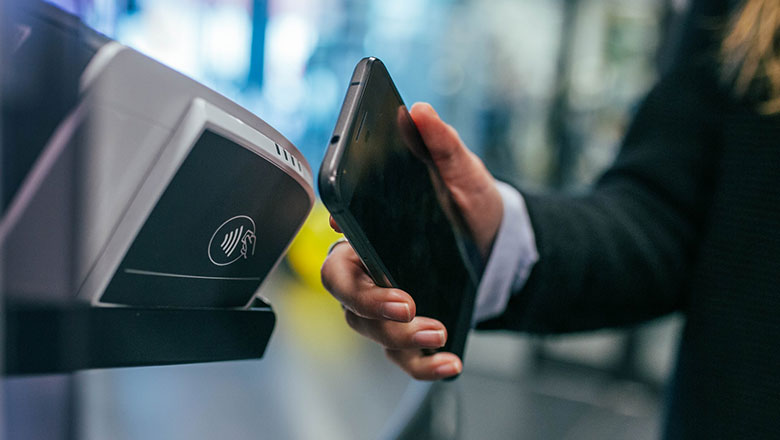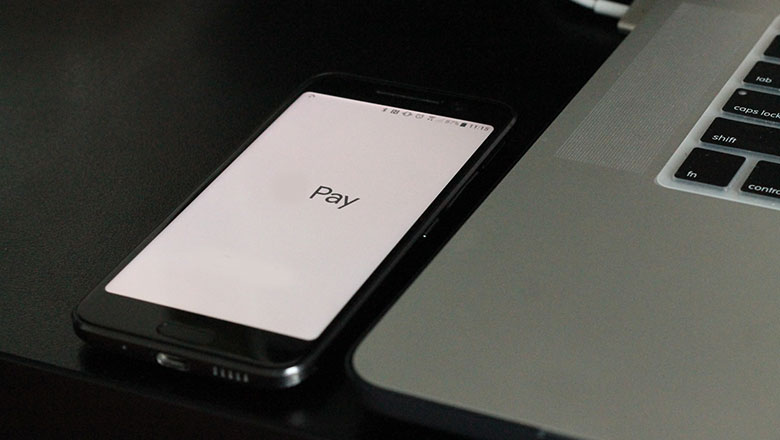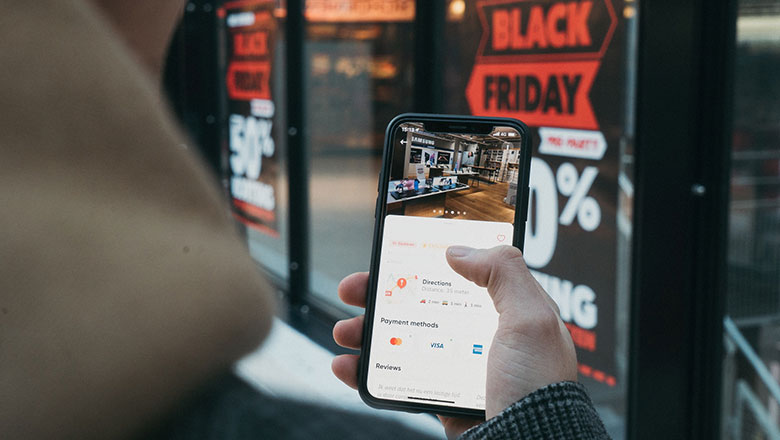
5 Fintech Trends SMBs Need to Embrace or Risk Falling Behind
September 15, 2017
eBay’s Move Toward New Payment Processor
February 7, 2018Security scientists uncovered more than 32,000 fraudulent Black Friday apps in the wild, several of which use the branding of the top 5 online retailers in the United States to distribute malware and steal shopper credentials.
Given the RiskIQ’s “Black Friday E-Commerce Blacklist 2017” which was resulting data set of 300 million domain records, 2 billion daily HTTP requests, 20 million mobile apps, and 783 locations across more than 100 countries, about 1 in 25 Black Friday apps accessible in world-wide app stores are malevolent. Researchers also found at least 15 illegal apps that use the labeling of the top 5 online retail businesses to fool users into disclosing their sensitive information.
App Store Security Is Not Bulletproof
Black Friday is a massive day for e-commerce. According to the RiskIQ report, in 2016, there are 154 million users did their Black Friday shopping online, spending $5.27 billion, which symbolized a 17.7 percent growth year over year. Mobile revenue only totaled $1.2 billion, representing an increased rate of 33 percent year over year. In general, approximately 40 percent of sales happened on a mobile device during last year’s Black Friday weekend.
The report discovered that even some of the most trendy app stores contained malicious Black Friday apps. Google Play store hosted the biggest number of false apps, while Apple’s App Store had 85 genuine apps that had been contaminated with malware in spite of careful security testing. The report indicated that although most official mobile app stores have fairly strong verification procedures in place, these systems are “not bulletproof.”
Would you like to learn how we can help you manage the risk and prevent fraud? Contact us, and one of our risk management experts will explain how we do it.





